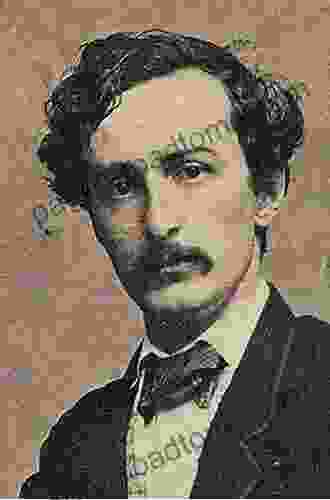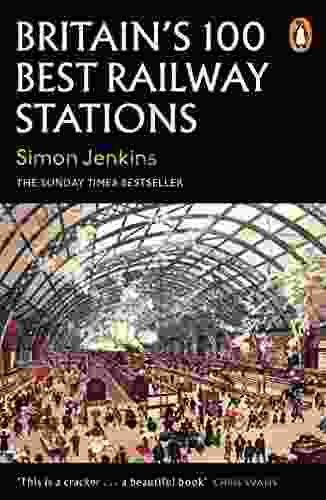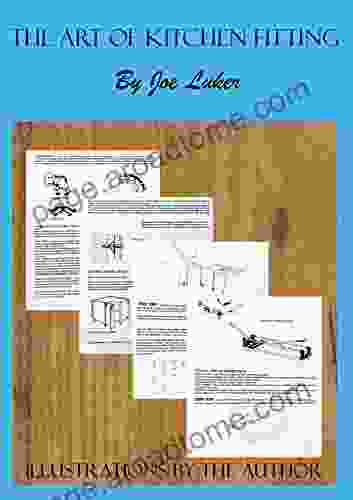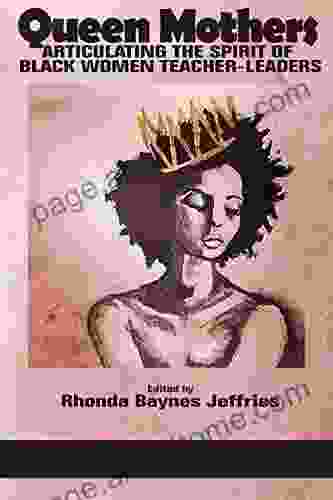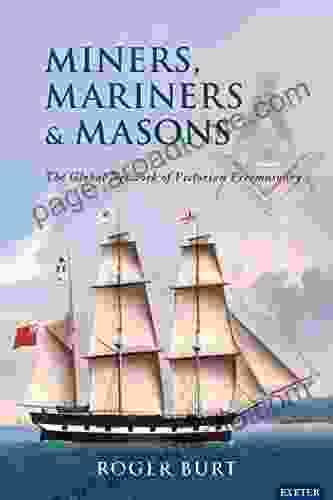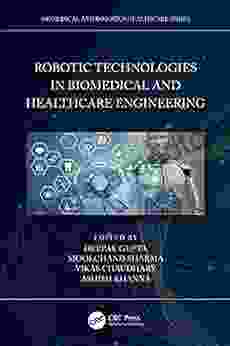Prologue: The Notorious Assassin of Abraham Lincoln
In the annals of American history, the name John Wilkes Booth stands as a chilling reminder of the fragility of democracy and the devastating consequences of political violence. Known primarily for his infamous assassination of President Abraham Lincoln in 1865, Booth's life was a complex tapestry of ambition, misguided ideals, and deep-seated resentment.
The Life of John Wilkes Booth, a compelling historical account, delves into the enigmatic mind of this enigmatic figure, unraveling the motivations behind his fateful act that forever altered the course of the nation.
4.7 out of 5
| Language | : | English |
| File size | : | 1401 KB |
| Text-to-Speech | : | Enabled |
| Screen Reader | : | Supported |
| Enhanced typesetting | : | Enabled |
| Word Wise | : | Enabled |
| Print length | : | 464 pages |
| Lending | : | Enabled |
Chapter 1: A Theatrical Legacy and a Troubled Childhood
John Wilkes Booth was born in 1838 into a renowned theatrical family. His father, Junius Brutus Booth, was a celebrated Shakespearean actor, while his mother, Mary Ann Holmes, came from a wealthy plantation family in Maryland. Despite the privileged upbringing, Booth's childhood was marred by turmoil and instability.
As a boy, Booth witnessed his father's bouts of depression and alcoholism, which left a lasting impact on his own emotional development. He exhibited traits of rebelliousness and recklessness from a young age, often engaging in dangerous activities that put him in precarious situations.
Chapter 2: The Rise of a Theatrical Star
Despite his troubled past, Booth inherited his father's passion for the stage. He began his acting career in 1855, quickly gaining recognition for his charismatic performances and powerful delivery. Booth excelled in portraying romantic heroes and flamboyant rogues, captivating audiences with his magnetic stage presence.
As his fame grew, Booth became an ardent supporter of the Southern Confederacy during the Civil War. He believed in the preservation of slavery and the right of secession, views that would later fuel his radical actions.
Chapter 3: The Assassination Plot and its Execution
As the Civil War reached its , Booth became increasingly disillusioned with the Union's impending victory. Fueled by a mixture of personal grievance and political extremism, he hatched a plot to assassinate President Lincoln and other key government officials.
On the fateful night of April 14, 1865, Booth infiltrated Ford's Theatre in Washington, D.C., and shot Lincoln while he watched a play. The assassination sent shockwaves throughout the nation, plunging it into mourning and disbelief.
Chapter 4: The Manhunt and a Violent End
Following the assassination, Booth fled the capital, embarking on a daring escape that spanned several days. He was pursued by Union soldiers and civilians, who were determined to bring him to justice.
After a series of close encounters and failed attempts at escape, Booth was cornered in a barn in rural Virginia. He refused to surrender and was shot and killed by Union cavalry.
Chapter 5: Legacy and Impact
John Wilkes Booth's assassination of President Lincoln was a pivotal event in American history. It not only ended the life of a beloved leader but also cast a dark shadow over the nation's reconstruction efforts.
Booth's motives for the assassination have been debated by historians and scholars for generations. Some argue that he was a Confederate sympathizer driven by political ideology, while others cite psychological factors and personal grievances as contributing factors.
: A Historical Enigma
The Life of John Wilkes Booth is a captivating account of a complex and controversial figure who left an indelible mark on American history. Through meticulous research and vivid storytelling, the author provides a comprehensive examination of Booth's actions, motivations, and legacy.
This riveting historical work offers a thought-provoking exploration of the dark side of human nature, the fragility of democracy, and the consequences of political extremism. It is a must-read for anyone interested in understanding this pivotal moment in American history.
Free Download Now



